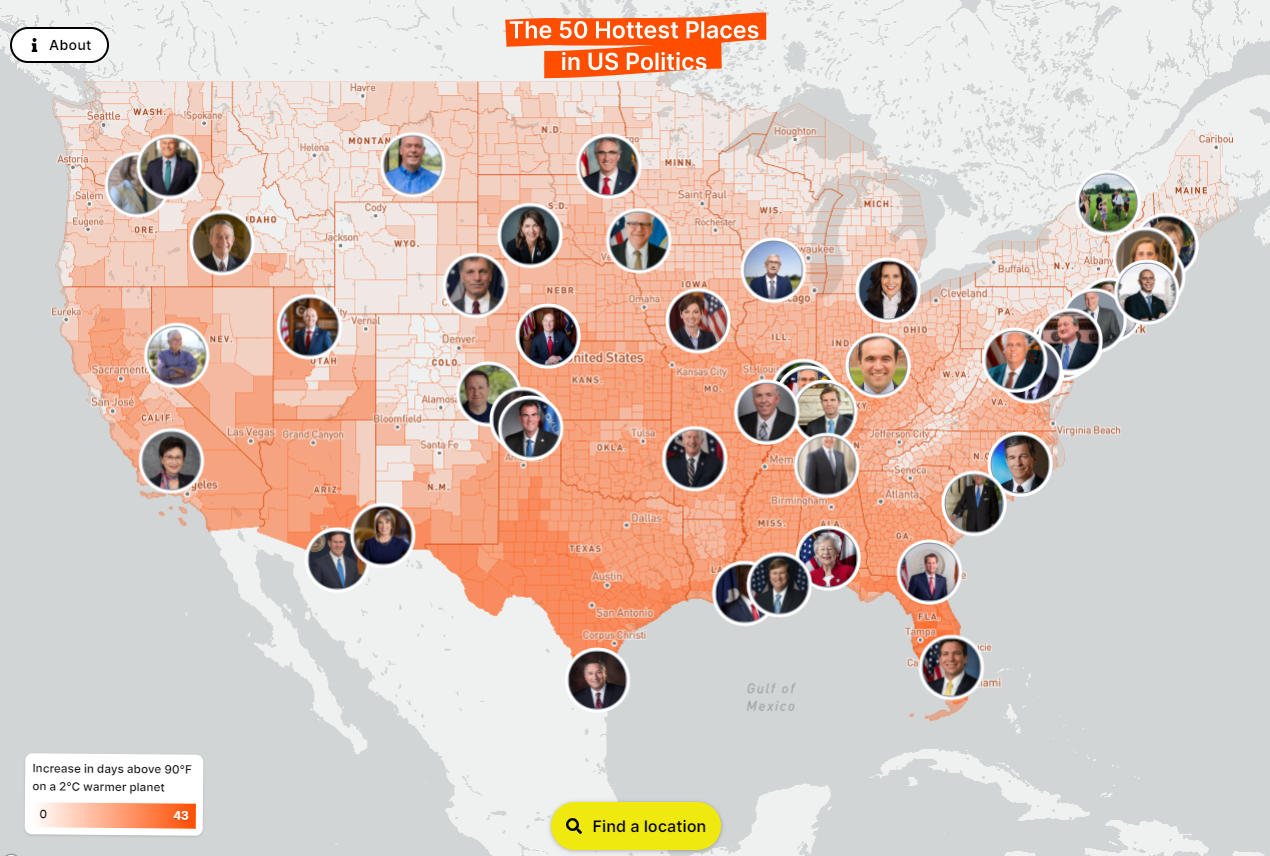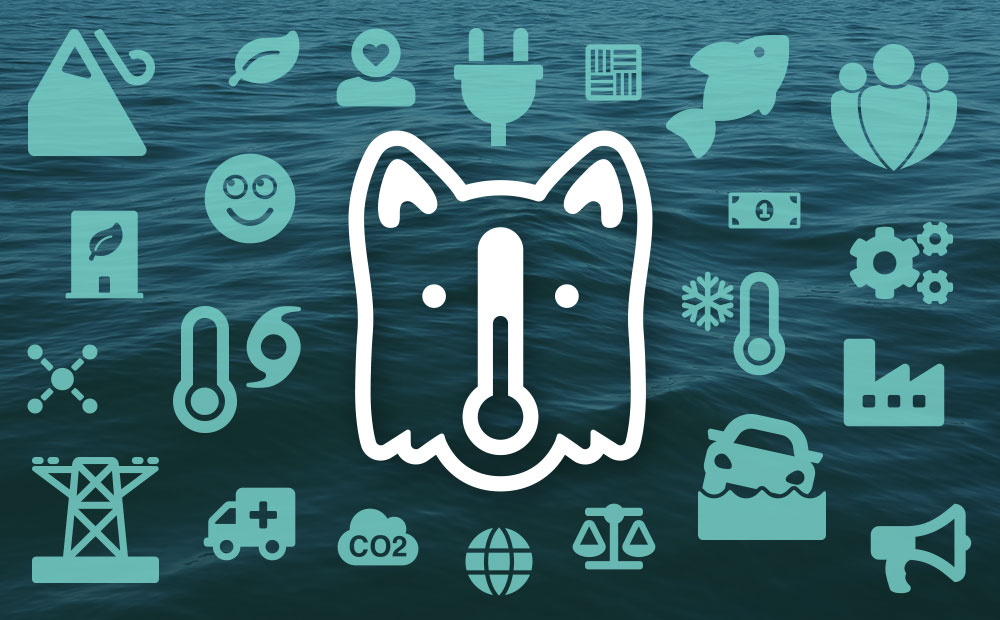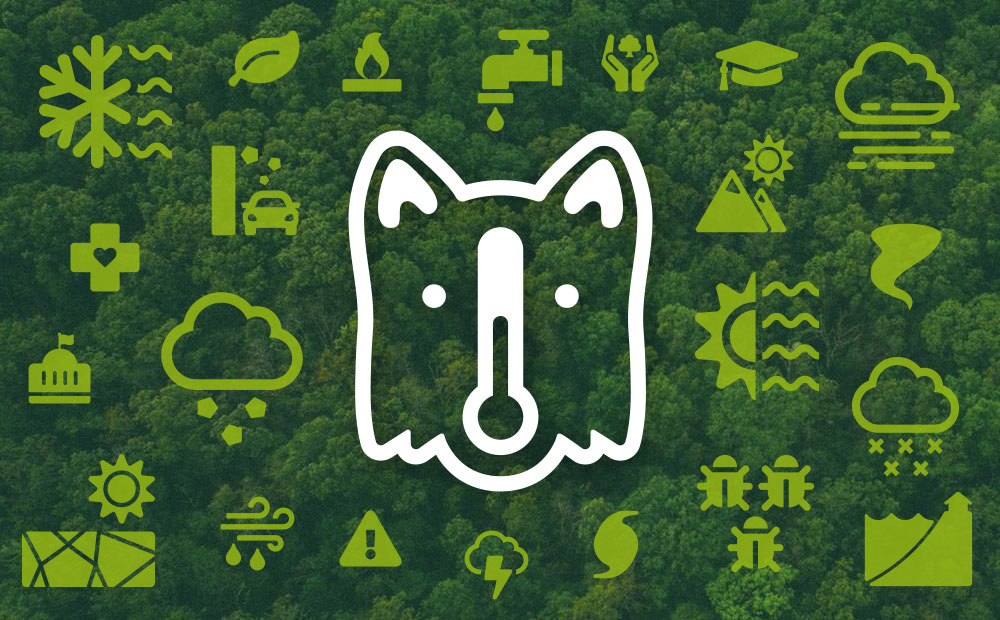Design
<- Return to all blogs
-

Partnering with Probable Futures to Visualize Climate Change Data and Inspire Action
With Probable Futures, Azavea designed a web-based tool that informs the public on the local impacts of climate change and drives action.
-
Partnering with Probable Futures to Visualize Climate Change Data and Inspire Action
With Probable Futures, Azavea designed a web-based tool that informs the public on the local impacts of climate change and drives action.

-
Top 5 Data Visualization Practices: A Case for Effectively Communicating Information About US Wildfire Risk
Data visualization is key to making data useful. We look at the example of the USDA Forest Service Wildfire Risk dashboard to highlight best practices for nonprofit and government leaders when designing compelling data visualizations.

-
Prototyping Your Way to Good UX
I’m going to come right out and say it: prototyping is the most powerful tool in your UI/UX tool belt. Let me clarify. I still think of prototyping as one of the many ways to extract valuable information and iterate on a design–like user research or card sorting–but I now put prototyping at the top…
-
Mapping with Leaflet and React
Mapping is hard, but spinning up a new app that renders maps doesn’t have to be. Here’s how you can easily get started working with maps in a new React app. Not that AAA map under your car seat Maps have been around for thousands of years, but they’ve become more complex and powerful within…
-
Designing From First Principles
A first principle is a basic concept or assumption we know to be true, that is not deduced from anything else. First principles help us solve problems by avoiding generalities that can lead to poor decision making. Applying first principles thinking is a two part process: What are some common best practices that designers fall…
-
Responsive Typography: rem, em, and px
Intro Dealing with type on the web can be a challenge, especially when you have to account for the ever-changing range of screen sizes. Ultimately the font size(s) you use for headings, body copy, and whatever else directly effects the layout of you page, and when you’re dealing with dozens, or even hundreds of pages…
-
A Year of QA at E84
A little over a year ago, I was looking to leave my previous position at a large consulting agency. At the time, I was working as a business analyst and was wearing a few too many hats. I was looking to transition away from the waterfall-heavy role and more into a design-based role, such as…
-
Giving Form to Temperate’s Identity
Part two of our design process series details how we established Temperate’s brand in a saturated industry, with the product’s goal driving decision making.

-
Problem-solving by asking questions
The first in a two-part series, this blog post details how we solved a design problem by asking questions in building our climate adaptation planning app.
